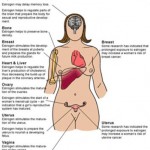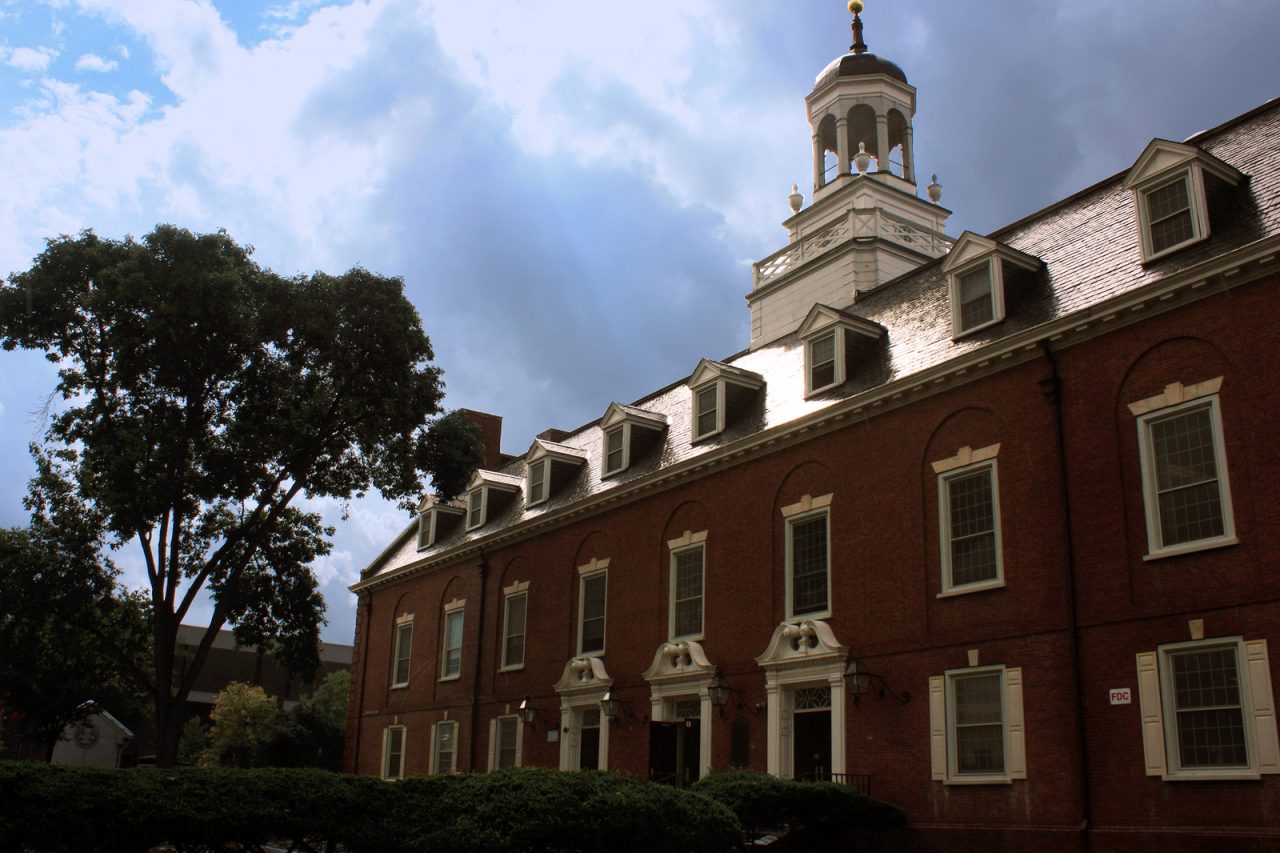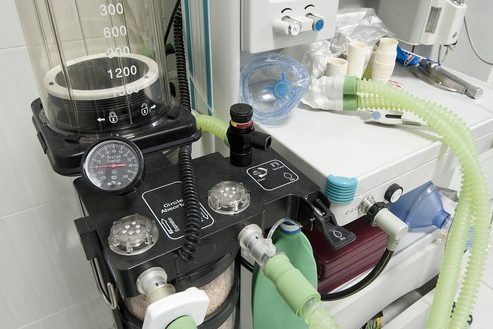Dr Jacob “Jack” Kevorkian died on June 3, 2011 of complications arising out of chronic kidney disease, hepatitis C and a blood clot, at William Beaumont Hospital in Royal Oak, Michigan. I hope that at the end his life he was not in pain, not short of breath, not frightened and at peace. For me, symbolically, his death marked the end of an approach to disease marked by surrender and abandonment. It always seemed to me that his message was that if one is very sick, one’s life is worthless. Instead of exploring possibilities in the treatment of suffering Dr Kevorkian said that when things are very difficult, it was time to give up. The message of euthanasia is that we do not have to try to help each other live; we can simply throw life away. He proposed adding to the list of healing which includes medicine, prayer, wisdom, soft beds and love, death itself. I would have hoped we had moved on from that bleak vision, and learned what is possible at the end of life. Thus, the words of a patient surprised and saddened me.
My patient has an advancing cancer, for which he has been treated for several years. The disease is increasing and cannot be treated or cured. He understands this, and knows he is going to die from this cancer. My patient is still active, but becoming gradually more limited. He has only modest pain, which is fairly well controlled. However, I am concerned that soon he will become much more limited. I am worried about increasing pain, shortness of breath or maybe bleeding. His wife is a good caregiver, but is physically limited. He could really use assistance, so that he can stay at home. He could use more help so that when more difficult problems happen, there will be someone available to quickly adjust medication and if needed call me for more instructions. He has need for emotional support for his wife and him. It seemed obvious, what to do. I suggested that we contact home hospice. He looked at me in shock. He said, “I don’t need hospice, I am not ready to die.”
After a moment, I asked what he meant. He told me that he was still active and felt well and that he was not ready to climb into bed, plug into the morphine drip, and expire. He “knew” about hospice and how it was called in to help dying. With possibly several months of life left, he was not ready to “give up.” I realized that, despite my best intentions, as far as my patient was concerned I had suggested that he call in Dr. Kevorkian and the “death panel.”
It disturbs me to know that we have failed to educate ourselves better about hospice and that this sort of idea is still common. To say hospice is about death is to say that the sole purpose of living is death. Hospice is only about life. Hospice is about living the end of our lives well. Hospice is about finding opportunities at the end of life to share, teach, learn and give. Hospice is about stopping pain, shortness of breath, fear, anxiety, loneliness, and suffering, from stealing life away. It is about living fully, until death. It is not about trying to be dead.
The defining fact of life is that we all die. However, a person at the end of their life is indeed alive. Hospice tries to allow that time of life to have meaning. It tries to bring peace, comfort and togetherness. It never gives up. It never surrenders. It always tries finding the beauty in life, even at its end.







6 Comments